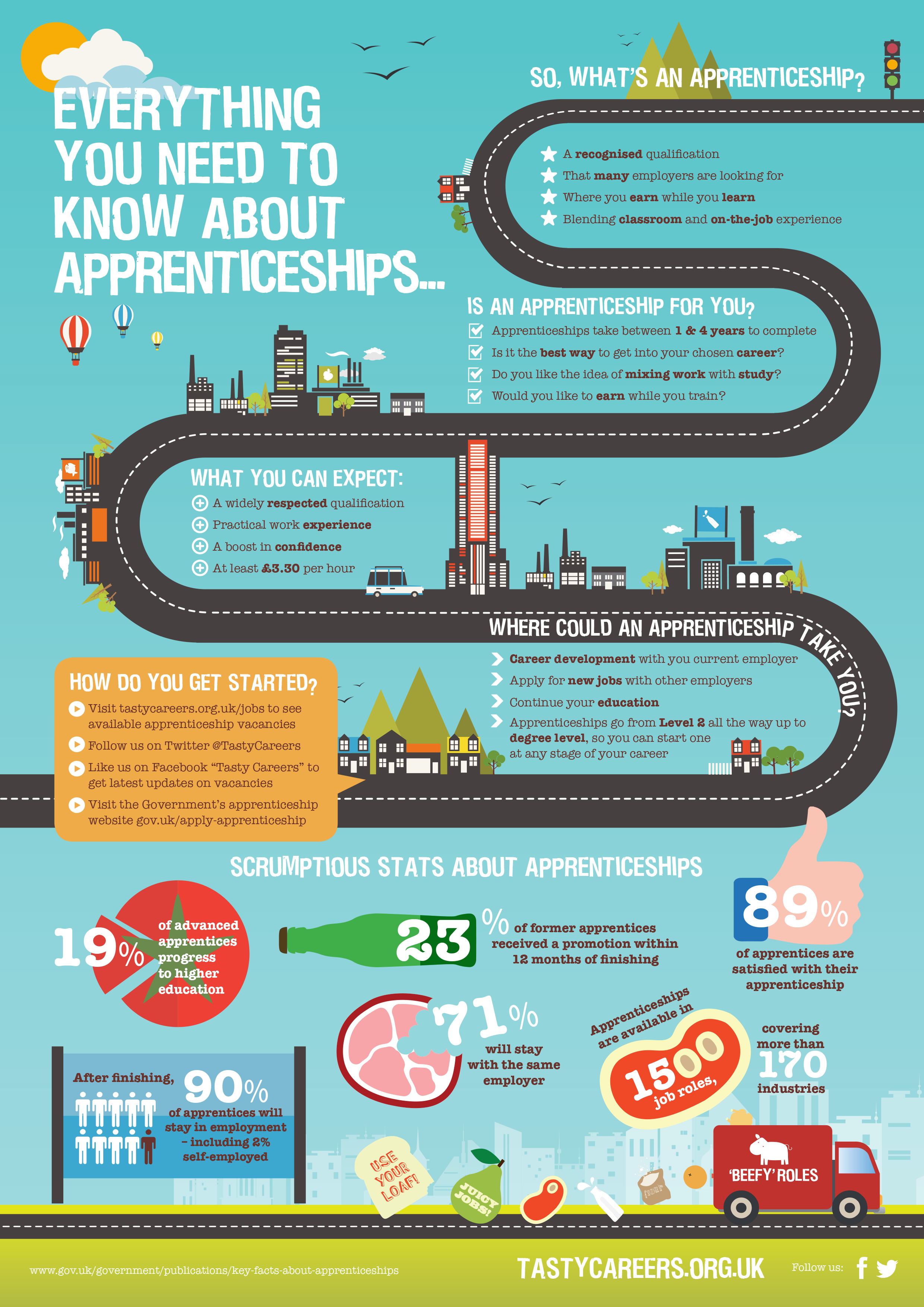Career of the week: Agricultural Engineer
Day to day tasks
In your day-to-day duties, you might:
assess the environmental impact of agricultural production methods
supervise building projects, like land drainage, reclamation and irrigation
solve engineering problems, like designing vehicles for all ground and weather conditions
test and install new equipment, like harvesters or crop sprayers
use GPS, weather data and computer modelling to give advice on land use
plan service and repair programmes for machinery
Working environment
You could work in an office, on a farm or in a laboratory.
Your working environment may be outdoors in all weathers.
You can get into this job through:
a university course
a college course
an apprenticeship
working towards this role
University
You can do a foundation degree or degree in agricultural engineering or agricultural machinery engineering. These courses are offered by land-based engineering institutions.
You can also get into this career with a higher national diploma or degree in environmental, electrical or mechanical engineering.
Entry requirements
You'll usually need:
at least 1 A level, or equivalent, for a foundation degree
between 1 and 3 A levels, or equivalent, for a higher national diploma or degree
College
A level 2 or level 3 Diploma in Land-based Technology or Agricultural Engineering may get you started in this role.
You could also do a T Level in Agriculture, Land Management and Production.
Entry requirements
2 or more GCSEs at grades 9 to 3 (A* to D), or equivalent, for a level 2 course
4 or 5 GCSEs at grades 9 to 4 (A* to C), or equivalent, for a level 3 course
4 or 5 GCSEs at grades 9 to 4 (A* to C), or equivalent, including English and maths for a T level
For more information
Apprenticeship
You may be able to start by doing a land-based service engineering technician advanced apprenticeship.
This usually takes about 36 months to complete as a mix of on the job learning and study.
Once working, you would complete further training to become an engineer.
Entry requirements
You'll usually need:
5 GCSEs at grades 9 to 4 (A* to C), or equivalent, including English and maths, for an advanced apprenticeship
Work
You could work as an agricultural engineering technician and train on the job to qualify as an engineer.
Further information
You can get more advice about careers and training from the Institution of Agricultural Engineers and the Landbased Engineering Training and Education Committee.





